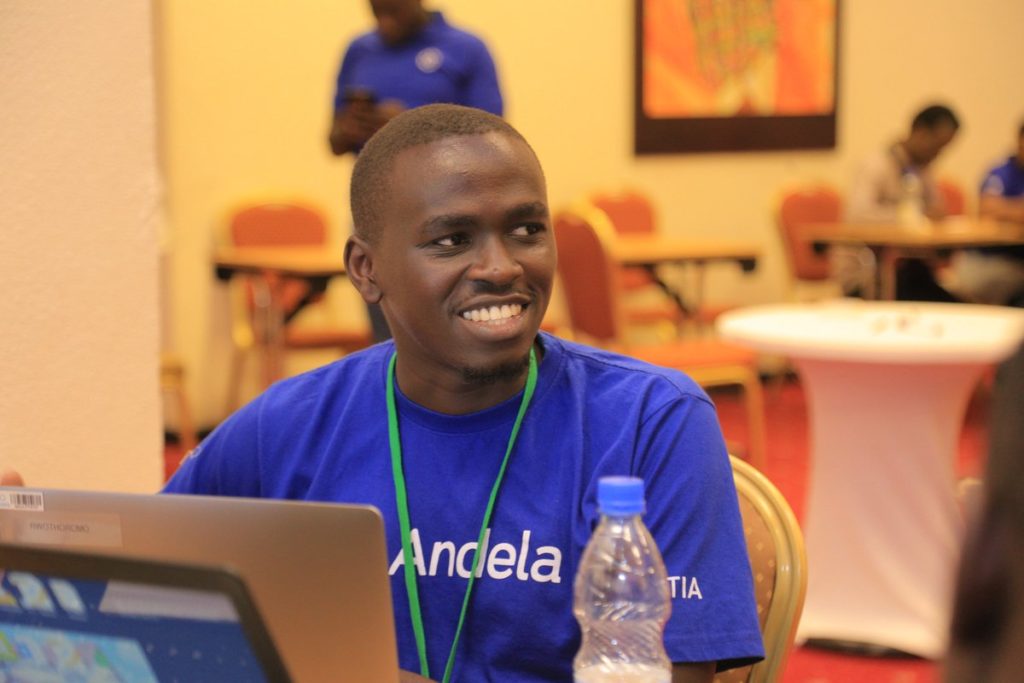The past two days have been headlined by the news that Africa’s largest software development talent accelerator, Andela, had decided to close the D0 program in Uganda, Nigeria, and Kenya – and letting go at least 420 junior engineers in the countries – while placing central focus on its pan-African hub in Rwanda.
The D0 program was specifically designed to train developers from scratch. In software building, a developer in training or at the entry stage is called a D0 and the first stage of partner readiness is tagged D1, with the highest level being D4.
In a blog post, the company CEO Jeremy Johnson stated that they “will be letting go of approximately 250 Andelans in Nigeria and Uganda, with an additional 170 potentially impacted in Kenya, who we don’t believe we’ll be able to find meaningful work for over the next year.”
The public could have been overwhelmed by the news but there is no need to panic as the company states that this is a mere “strategic shift” in its talent management.
We spoke to the Andela country director in Uganda Ms Jackie Ochola, and she responded to some of our inquiries.
250 Andelans in Nigeria and Uganda will be let go. What is the specific number for Uganda?
Approximately 77 junior engineers in Uganda are impacted by the restructure. However, Andela will continue to place junior engineers, and we currently have over 300 junior engineers within Andela still employed across Africa.
Does it mean the closure of Andela business in Uganda?
Not at all. The restructure will not affect Andela operations, we’re restructuring our talent pool to more closely align with global market demand.
We are also still committed to growing the developer community across Africa, including Uganda. We will continue to invest in the Andela Learning Community [ALC], a network organised by Andela, in partnership with top technology companies such as Google, Facebook, Microsoft, Udacity and Pluralsight. Via the ALC network, we’ve trained over 30,000 learners in software engineering. We intend to reach 100,000 in the next three years through the ALC.
What does the new approach and focus on senior talent entail?
We’re proud of what we’ve accomplished over the five years. However, due to market demands for a different mix of talent at different seniority levels than start at currently offer, we’re shifting the structure of our supply network and gearing our efforts more towards the placement of more experienced engineers. However, around 25% of our workforce and customer demand will continue to be junior talent.

